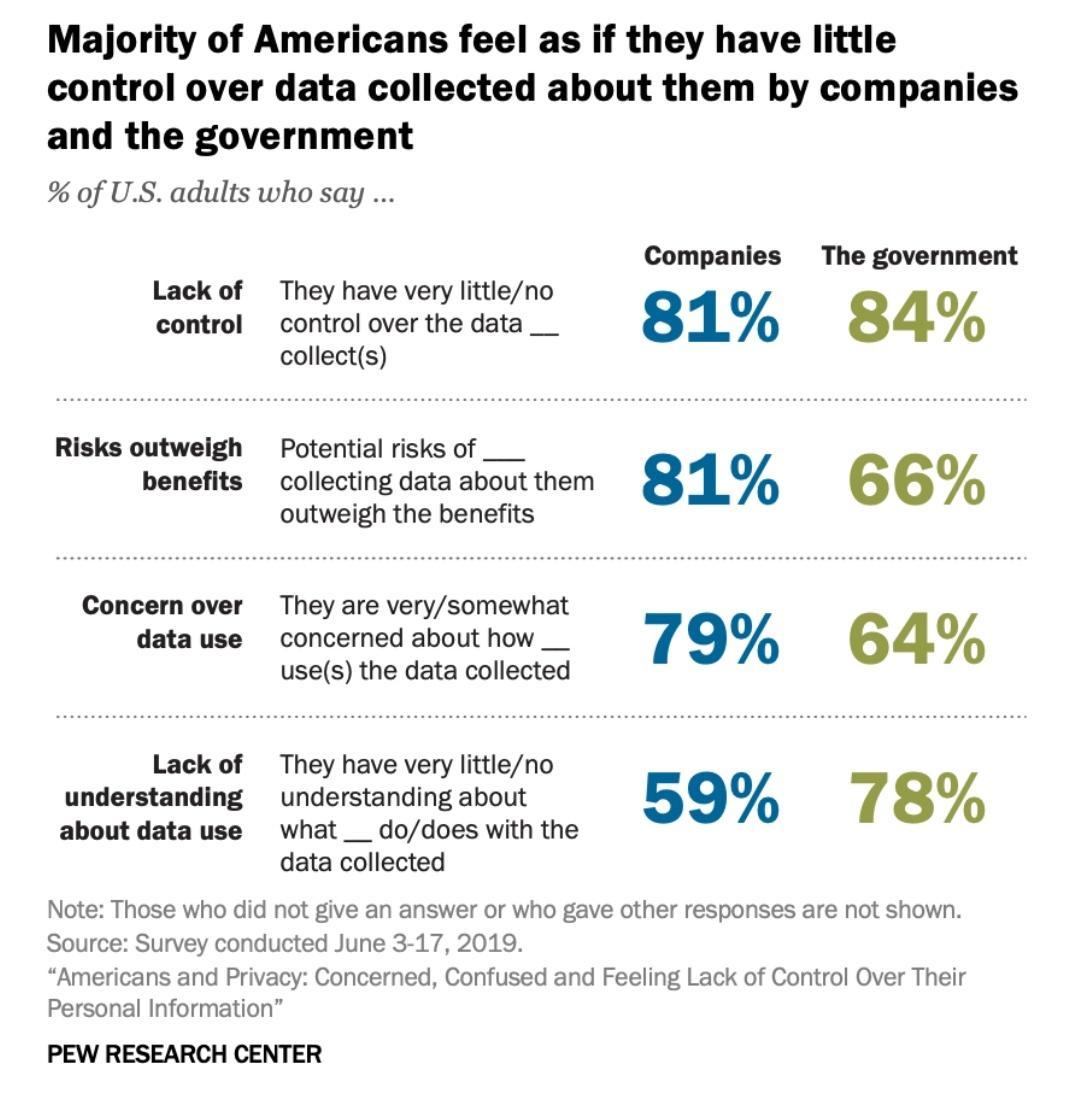Privacy regulations and Contextual Advertising

Contextual AI: A strategy that is respectful of consumers' data privacy
Data privacy has been a topic of interest globally as people and privacy law firms have raised concerns about personally identifiable information (PII) being collected by third-party cookies without user consent. PII being collected and users' web journeys being tracked have raised serious data privacy concerns. Firefox and Safari have already phased-out third-party cookies, and the rising consumer demands have pushed the biggest browser, Google Chrome, to phase them out as well.
Governments around the globe have been working towards implementing privacy regulations to safeguard citizens’ personal information. The General Data Protection Regulation (GDPR), passed by the European Union (EU) in 2016 is the world’s toughest privacy and security law in the world today. GDPR passed by the EU makes it mandatory for any organization targeting or collecting data related to an EU citizen to comply with the privacy regulation.
Why has data privacy and the enforcement of privacy regulations created this stir?
- A study found that 82% of web traffic contains third-party scripts by Google, and almost half of them are confirmed to be tracking users.
- Another study revealed that 66% of consumers wanted more governments to pass laws like the EU's GDPR.
A survey conducted by Pew Research Centre revealed how real the consumers' concerns are


A survey revealed that 83% of marketers said they relied on third-party cookies, and the spend on third-party audience data is about 22bn USD.
With the end of third-party cookies nearing, advertisers and marketers stand to take the highest impact from this change because it means they will be unable to target users based on their specific interests.
With all tracking mechanisms phasing out, what's next for advertisers and marketers?
The cookieless future isn't one that a large majority of marketers are looking forward to, and Google has been receiving a lot of criticism. Preventing user tracking removes their ability to target users with highly personalized ads based on their behavior and browsing history.
This shift is pushing advertisers and marketers to rethink their marketing strategies and evaluate options that keep in mind the essentials. What factors are leader advertisers considering?
- Privacy-first: The need to find a viable alternative that does not leverage any third-party data
- Brand safety: Ensuring the brand does not appear alongside harmful or negative content that can damage the brand image.
- Brand suitability: The pages on which ads are displayed must align with the brand's overall image and messaging.
- Relevance: Rendering ads in a brand-safe environment where the content aligns with the brand's identity and values.
- Transparency: The main reason behind this massive change is the customers' need for privacy. Marketers must opt for a solution that guarantees data privacy and safety to gain customer trust.
- Cost-effective: As always, the affordability of a solution also plays an essential role during the evaluation process.
Contextual advertising is a solution that checks all of these boxes and more. It is emerging as the solution of choice among marketers and winning customers and policymakers.
This solution leverages the latest tech like Artificial Intelligence (AI), Machine Learning (ML), and Natural Language Processing (NLP) to curate and deliver ads to the desired audience on relevant websites without the use of cookies.
Contextual AI analyzes written and visual content on a page to ensure the highest levels of brand safety and suitability as it is GARM compliant and can understand nuances in language and semantically interpret editorial content. Additionally, it can also provide creatives that resonate with the target audience.
With contextual intelligence within targeting strategies, marketers can build audience segments beyond the standard IAB taxonomy, delivering accurate, relevant, personalized, engaging, and cost-effective ads without the use of any cookies.
From Maserati to Levis and Dell, many global favorites have already made the shift to a digital marketing strategy sans cookies and have been reaping unmatched benefits. Get in touch with us to learn more about Contextual AI and how your business can make the most of it.
.png?width=4016&height=472&name=Seedtag%20Wordmark%20-%20Black%20(RGB).png)

